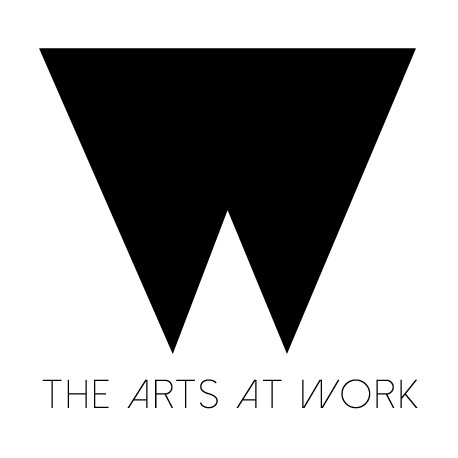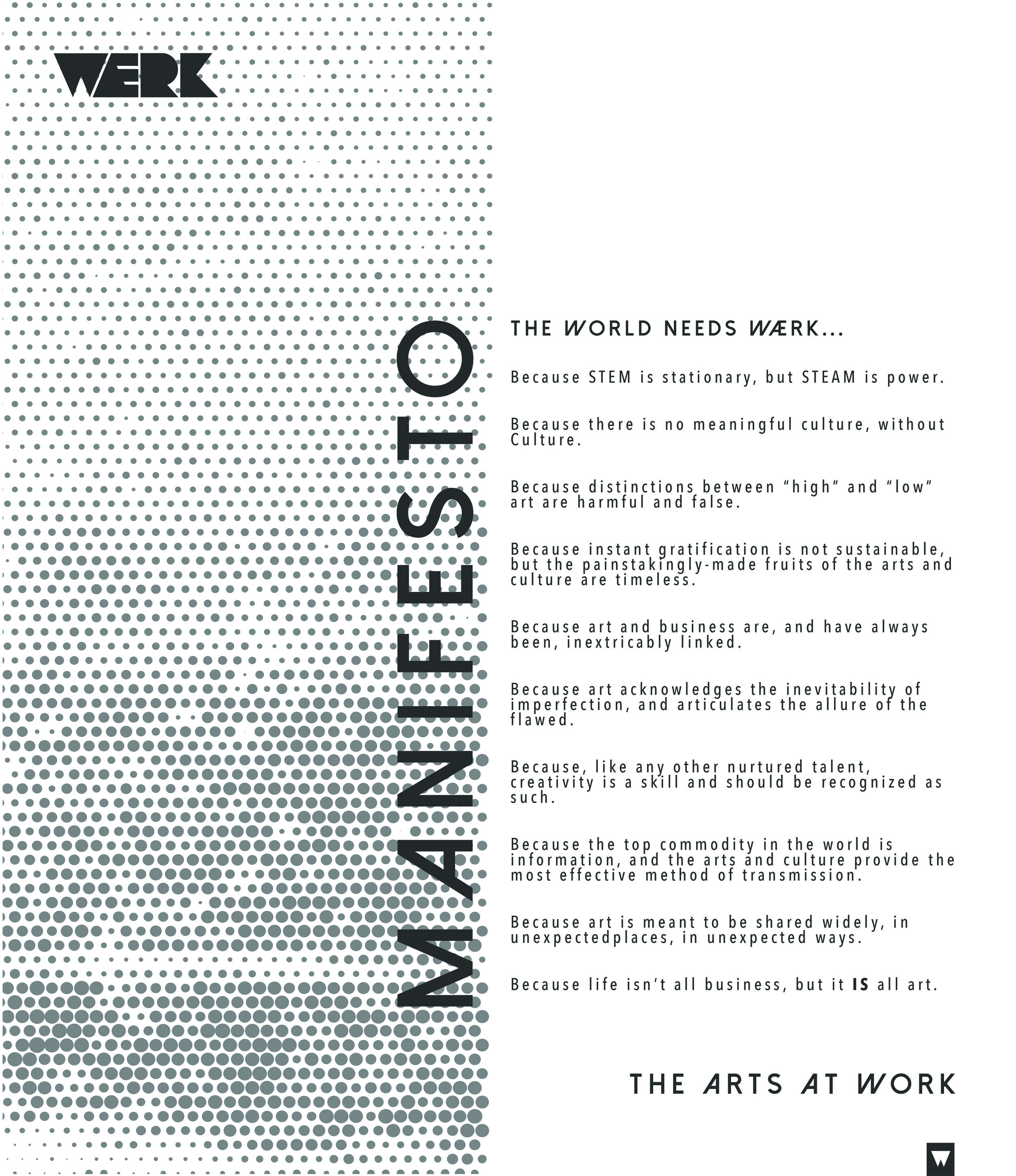This is what happens when pop culture is quantified: a cycle of sameness that’s approaching critical mass. The hackneyed beliefs that deftness with digits implies authority and that algorithms hold the answers are costing us dearly. To be tethered to quantification is to be risk-averse. It is to be inoculated against the essence of creativity.
Let’s look at the evidence.
Popular Film
Hollywood is insistent on churning out remake after remake, like a fast food chain that produces empty art instead of calories. Its merchandising machine, designed to buffer the risk of disappointing box office receipts, distracts the public from the substance of the films it’s created to support. The executives running Hollywood don’t have the patience to wait for box office receipts to grow, and no longer allow films the time to find their audiences.
Popular Music
Turn on the radio and you’ll be struck by not only the monotony of the songs, but the sameness of the sound. Not surprisingly, most of it is made by a handful of producers whose anonymous work is catchy and mundane in nearly identical ways.
Popular Photography
Editorial photography is dominated by the same names, doing the same things. They’re holding fast, instead of charting new territory, probably because publishers are risk-averse at a time that’s financially challenging for most magazines.
Meanwhile the editorial ethos is being replicated blandly on social media. Influencers across the globe use filters and flashes in attempts to duplicate the moods of Terry Richardson’s night life, Mario Testino’s sunscapes and Tim Walker’s sugary palette. The artificial brightness of this Instagram fodder bleaches imperfections and erases depth to cultivate the all-important personal brand, incite covetousness and sell something.
Popular Nightlife
Two words: Brooklyn aesthetic. Is there anything more uninspired than the globalization of “Brooklyn Cool”?
Popular Fashion
To quote Calvin Klein: "When I see motorcycle jackets for $2,000 that are distressed or ripped jeans from couture designers, I think to myself, 'Are they kidding me?' We've been doing this for 30 years. It's not new," he said. "I understand why it's young and cool, but there is a thing about respect for women and trying to make women look as beautiful as they possibly can, and also [creating] new things. There's a lot that's going on that's disappointing" (italics ours).
Popular Journalism and Prose
You shouldn’t judge a book by its cover, but you can’t judge a digital article by its title: the headline has devolved into a path to an advertisement. Writers are forced to adhere to SEO at the expense of both message and craft, even though the increasing sophistication of search engines renders it largely unnecessary. Meanwhile as magazines and newspapers struggle to gain readership, advertorial publications produced by consumer brands rise.
What is this doing to the way we absorb information? What is this doing to our ability to communicate and think in nuanced ways? The advent of advertisement everywhere is suppressing quality creativity and impairing our abilities to connect – with ideas and with one another in significant ways. The quantification of fundamentally qualitative products and services strips them of their true value and renders their creators impotent.
If everywhere becomes a point of sale, what do we become?
What can we do to change this?
We can acknowledge the fallibility of data. The best expressions of human life are never formulaic and yet here we are, relying on algorithms. Because we are unpredictable beings, the only thing continued reliance on numbers will ensure is that change is inhibited.
The public and private sectors must begin to prioritize qualitative measurements as valid key performance indicators for arts/culture products and services. This will nurture the development of diversity and enrich the quality of popular culture.
We’re all searching for meaning – for ourselves, for our families, for our communities and from the world. Every experience we seek and every product we buy is driven by this quest. Instead of stalking us with advertisements, it would be more effective for businesses to put as much into the shared creation of meaning as into the production of profit.
Photo by violetkaipa/iStock / Getty Images



